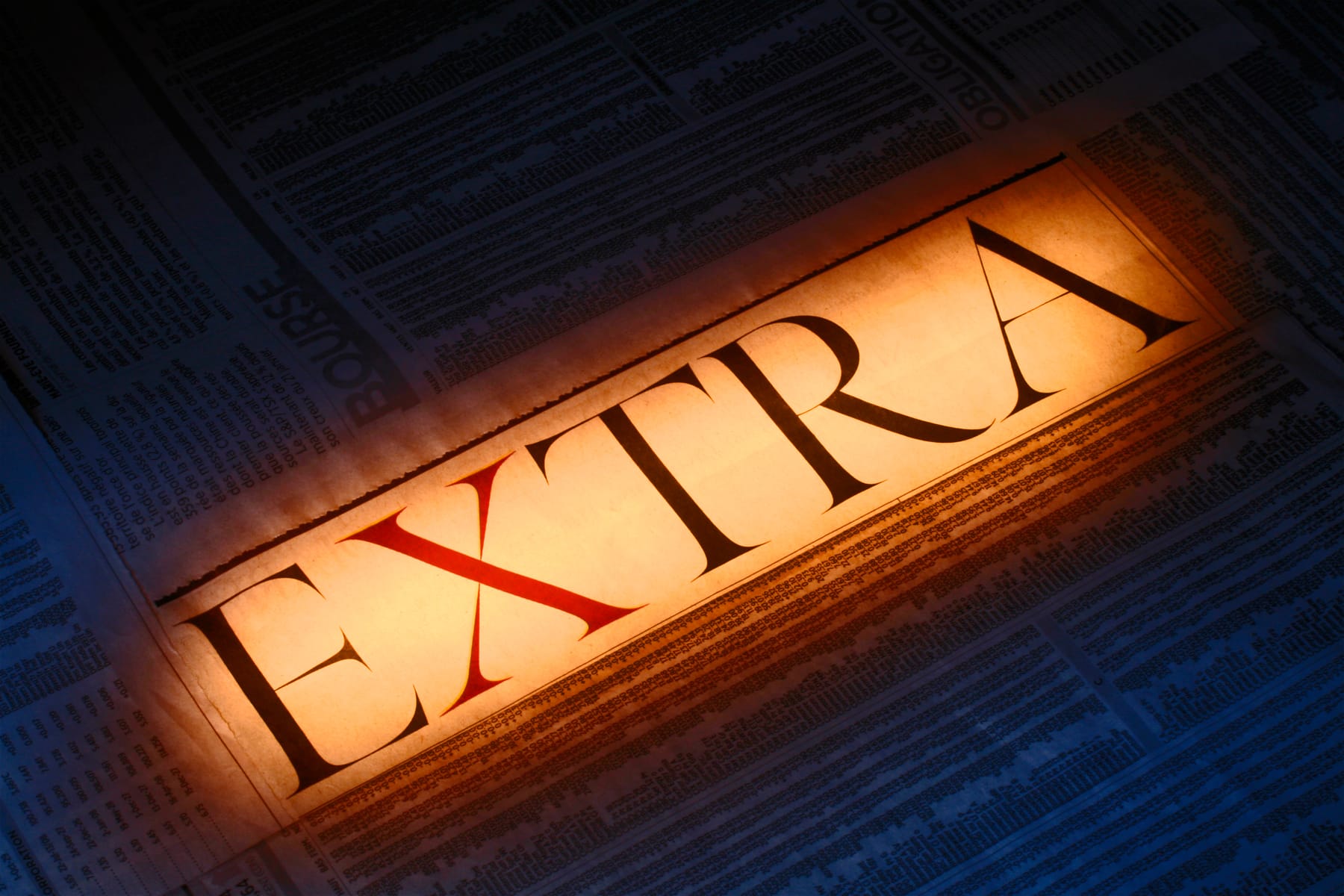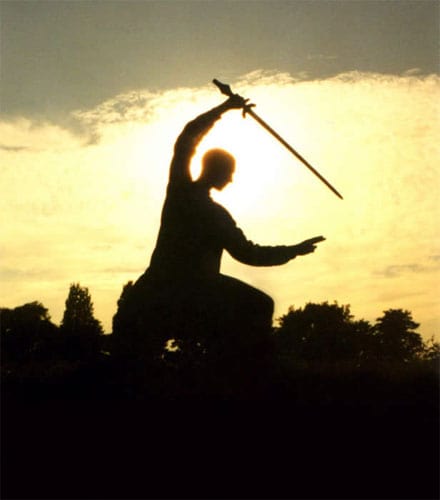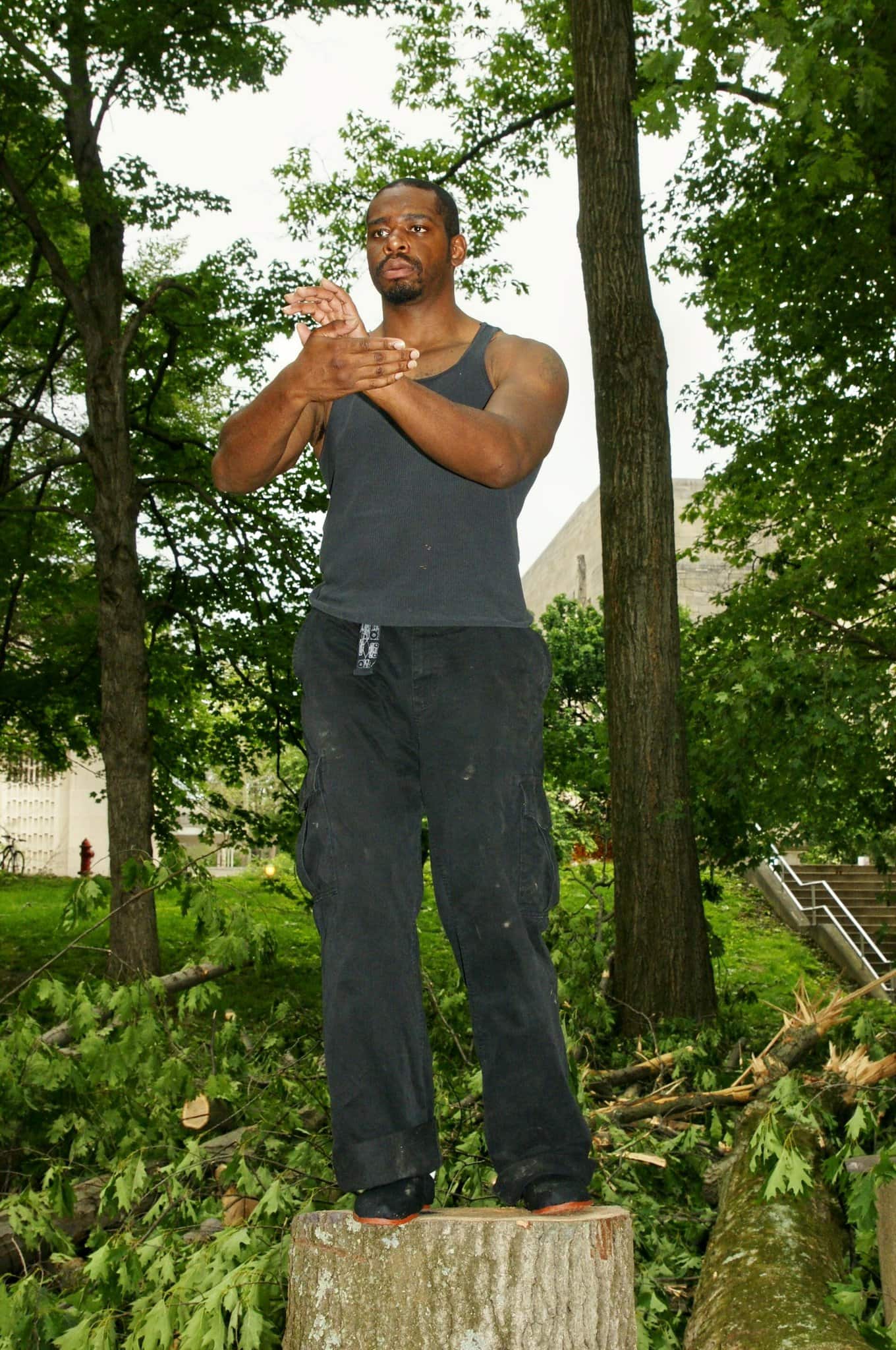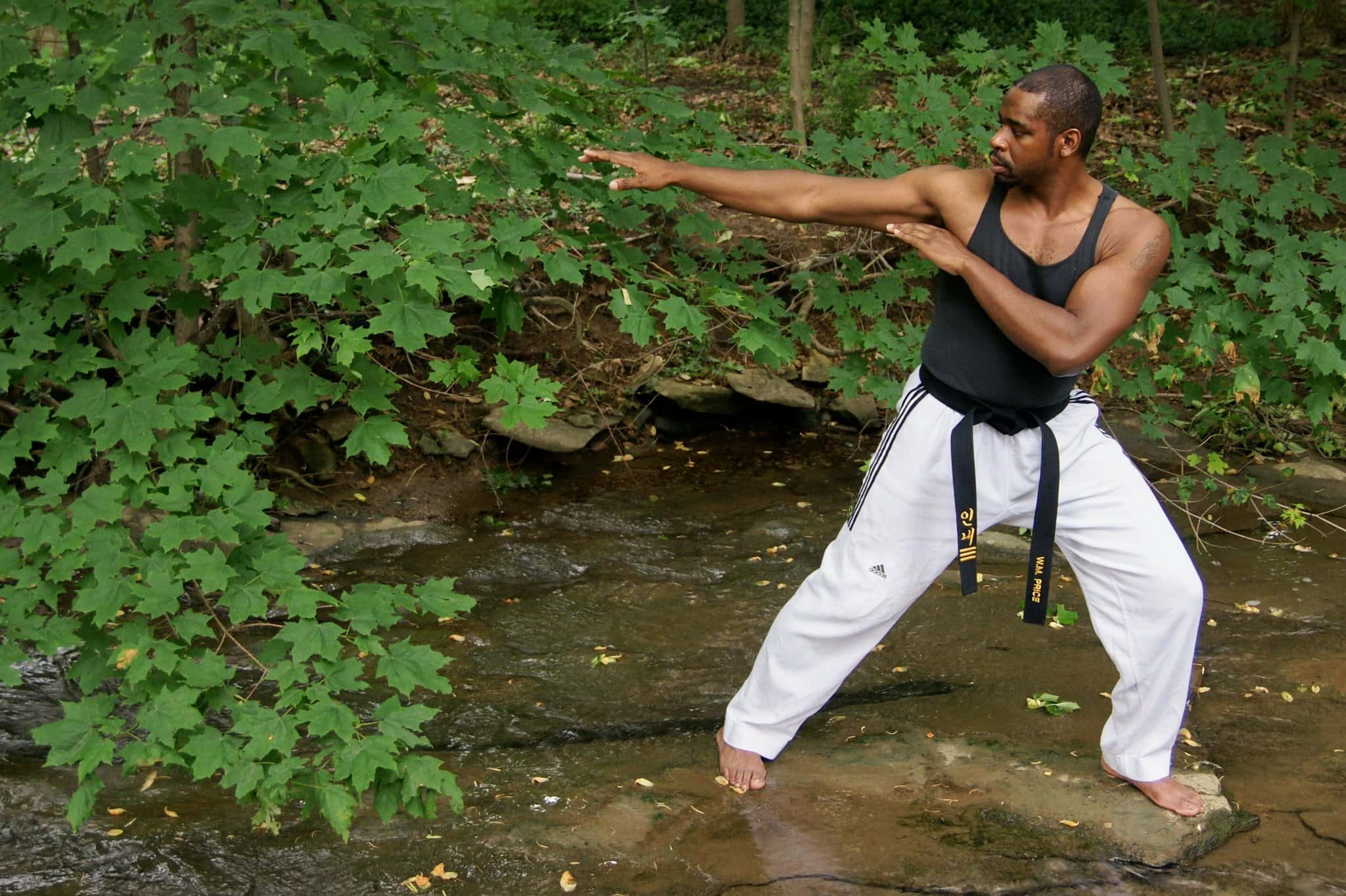By Chris Meek and Ruth Rathblott
The evolving perspective and value of diversity in America’s collective mindset is a welcome trend that will serve to make us better as individuals and as a society.
Businesses are optimizing opportunities to support diversity. The media consistently reports on illustrative stories. Political leaders and public policy advocates work to advance legislation that elevates diversity, equity, and inclusion in all spectrums of American life. Yet, something is glaringly missing from this conversation.
While the efforts are steps in the right direction, more often than we care to admit, some attempts to promote inclusion miss the mark and contribute to an ever-more exclusive world. That’s because there’s something – more accurately, someone – missing from many media stories, public awareness campaigns, educational and government programs, and private-sector outreach efforts. Disability.
Inadvertently, at the expense of the largest diversity group of all, a vast majority of Americans – even those who consider themselves to be inclusive – have contributed, usually unknowingly, to the narrow mindset of what constitutes “real diversity.” In perpetuating that incomplete narrative, they contribute to the continued exclusion of millions of people. Simply put, diversity needs to be expanded.
Awareness surrounding limb loss and limb difference and diversity has more in common than some might recognize and appreciate at first glance. People with visible and invisible disabilities are a bona fide yet all-too-often overlooked group that deserves to be celebrated as part of diversity.
Together, as someone who was born with a limb difference and someone who co-founded and leads a national nonprofit that provides revolutionary medical technology to military veterans with limb loss, paralysis or other impairments, we know all too well that disability and differences within types of disabilities are often ignored within the current diversity narrative.
Disabilities cut across all lines. They don’t discriminate based on age, gender, race, religion, or other traits. Yet, even with this in mind, many people with disabilities still face discrimination. Shockingly, a hierarchy of disability has emerged, and it’s not uncommon for some who live with disabilities to be told that they are not “disabled enough.” Even healthcare systems have contributed to the disability hierarchy.
For instance, veterans with limb differences but whose arms still work are only considered “80% disabled.” As a result, they don’t receive full benefits and miss out on other opportunities for care. We literally deny full healthcare benefits to veterans who served our country honorably in Iraq and Afghanistan because they aren’t “disabled enough” according to our society’s standards. (On a positive note, the military is doing a progressively admirable job of creating a culture of greater visibility and inclusion for those with limb loss and limb differences. There are now more options for amputee soldiers to be redeployed than ever before. This investment in individuals’ differences honors their sacrifices and benefits our collective freedom that they sacrificed so much to defend.)
In the bigger picture, the prevailing hierarchy and lack of inclusion within cultural conversations still lead to many people living with disabilities shrinking from their full potential and denying them a full quality of life. Hiding differences further erodes self-esteem and leads to diminished mental wellness. In fact, according to the Centers for Disease Control, 17.4 million individuals with disabilities live with varying degrees of emotional distress. In a so-called “inclusive” society, no one should have to hide.
Hiding not only results in disabled individuals missing out on personal and professional opportunities, but the absence of their contributions within our communities is felt throughout the country.
It’s not only about fully including and integrating those with disabilities in the diversity narrative, but also about changing the way we see and deal with diversity within the disability community. There shouldn’t be a litmus test of “disabled enough” to receive health care, and disabled individuals shouldn’t be left out of diversity conversations and initiatives.
There is enough room at the table for all types of disabilities and all types of diversity. We need to remember that as we work to build a more inclusive world.
Ruth Rathblott has been a leader in nonprofit organizations for more than 25 years; currently, she is a TEDx and Inspirational DEI Speaker and author of the forthcoming book, Singlehandedly. Chris Meek is the chairman and co-founder of the national nonprofit SoldierStrong.
Dr. Chris Meek is the Co-Founder & Chairman of The Frontline Foundation, a 501(c)(4) organization which advocates for the health and rights of America’s first responders, and Co-Founder & Chairman of SoldierStrong, a 501(c)(3) organization which donates revolutionary medical technology to better the lives of veterans. He is the host of Next Steps Forward with Chris Meek which airs every Tuesday at 1 p.m.ET on VoiceAmerica’s Empowerment Channel.





